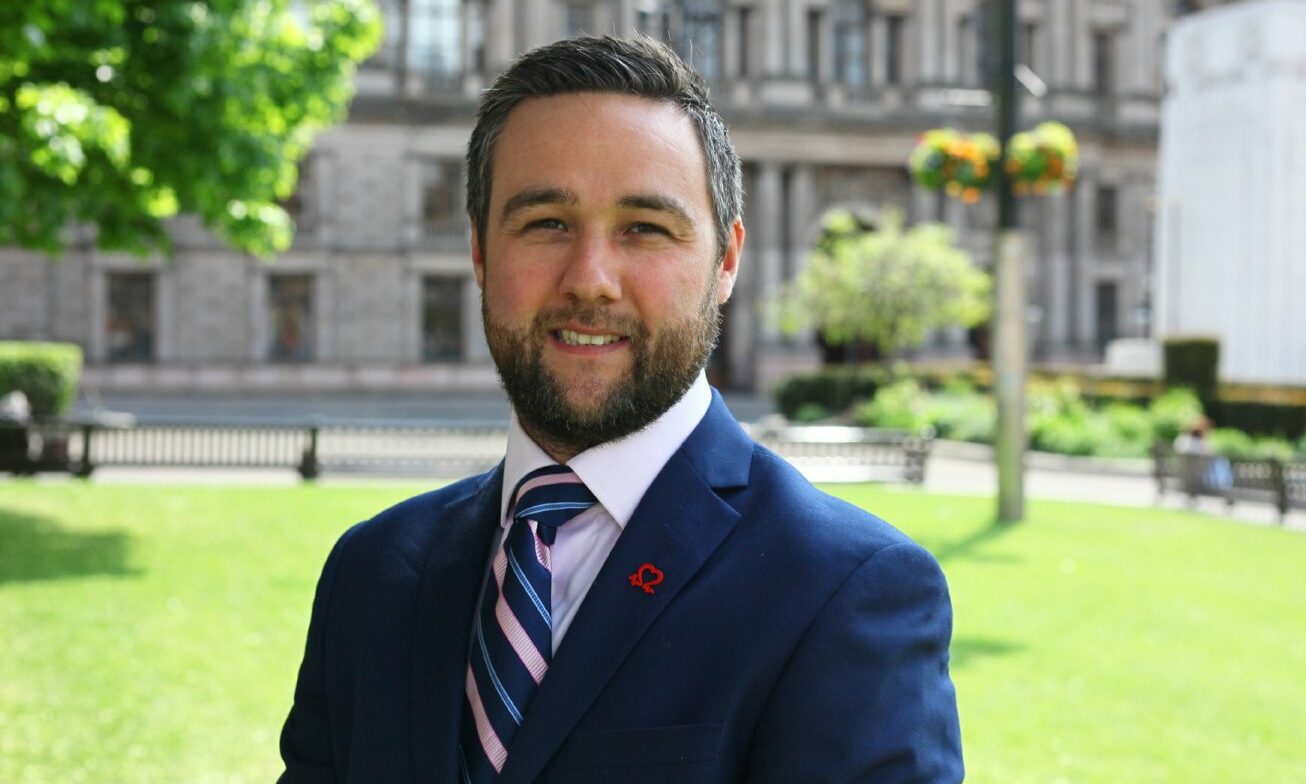Thousands of lives could be saved if the Scottish Government clamps down further on cheap booze and junk food offers, it has been claimed.
A group of 25 health charities and organisations says action is needed to rescue people from the country’s “biggest killers” after efforts were stalled by Covid-19.
Chronic diseases such as heart disease, cancer and diabetes account for more than half of all annual deaths, with around 40,000 every year.
And new research has suggested greater controls from the government could prevent around one-fifth of these.
The group has listed six key points it wants the Scottish Government to consider over the next year.
Crackdown on cheap alcohol
In 2018, Scotland became the first country to introduce minimum pricing for booze – preventing anything being sold for less than 50p per unit of alcohol inside.
A pledge was made to review the scheme in two years, but was postponed due to the pandemic.
Now, the charity group says we “cannot afford” to wait any longer, and wants an increase to 65p in line with inflation.
It said this could save twice as many lives as the 50p initiative.
Alison Douglas from Alcohol Focus Scotland said: “Only last month, official figures revealed deaths from alcohol in 2020 were at their highest level since 2008.
“We must act now to save and improve lives across the country and relieve pressure on our NHS.”
Boycott on burgers?
The group wants a crackdown on promotions for the likes of junk food, and other items high in fat, sugar and salt.
It says a bill restricting multi-buy offers is “paramount”, as they directly lead to people consuming greater amounts of unhealthy food and drink.
Additionally, it wants a new strategy to increase access to healthy options in deprived areas, and encourage smaller portions and better meal planning.
“We must ensure that the healthy choice is the easy choice for the nation’s shoppers,” it said.
Scotland must ‘get ahead’ of tobacco industry
A public consultation and possible regulations on e-cigarette advertising must also be considered, the group claims.
While cigarette sales have been declining, it says the rise of vaping is “keeping people addicted” to nicotine and potentially attracting new, younger customers.
The group said: “E-cigarette marketing is not yet subject to the same robust regulation as tobacco and could become a route into smoking for children and young people.
“Scotland should get ahead of the tobacco industry and protect younger generations through product regulation.”
And Sheila Duffy, the chief executive of charity Ash Scotland, said: “In 2016 the Scottish Parliament passed legislation to restrict e-cigarette advertising.
“Five years on, that legislation has still not been put into practice.
“Most e-cigarette brands are now owned by tobacco companies, and limiting the promotion of e-cigarettes is an important step in reducing the uptake of recreational nicotine products, with young people especially at risk.”
Changes could save thousands of lives
Around 40,000 Scots die every year from non-communicable diseases – chronic illnesses that cannot be passed from person to person, including cancer, stroke and lung disease.
Research by British Heart Foundation Scotland has suggested that, of these, almost 8,000 could be prevented with stricter government measures.
Alongside the other calls it is making – with a deadline of June 2022 – it also wants a review of booze promotions and improvements to weight management, alcohol treatment and smoking cessation services.
BHF’s policy and public affairs manager, David McColgan, said: “We must do more to help people across Scotland live longer, healthier lives.
“We need to empower people by making the healthy choice, the easier choice.
“Whether that is increasing services that support people to improve their health or taking steps around the availability, marketing, pricing and promotion of tobacco, alcohol and unhealthy food and drink.
“We must all work together to tackle Scotland’s biggest killers.”
The Scottish Government said it is “committed to ensuring that people in Scotland live long, healthy and active lives, regardless of where they come from.”
A spokeswoman added: “We are focused on continuing our work to support individuals and local communities by delivering measures to target harmful health behaviours early and provide access to person-centred treatment when needed.”






